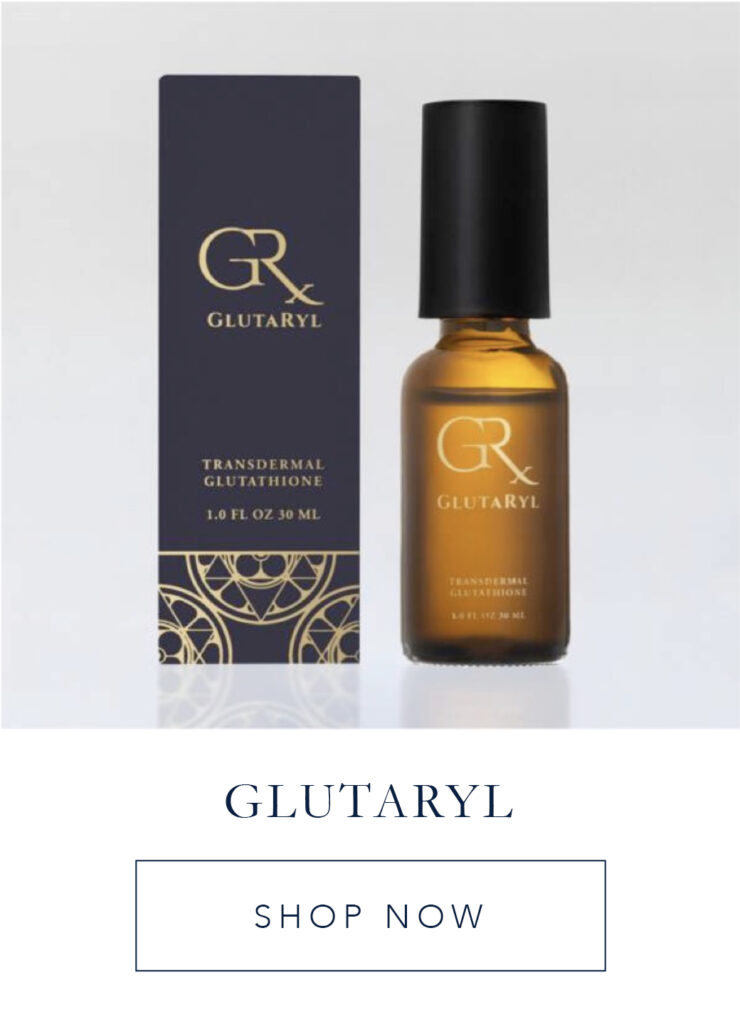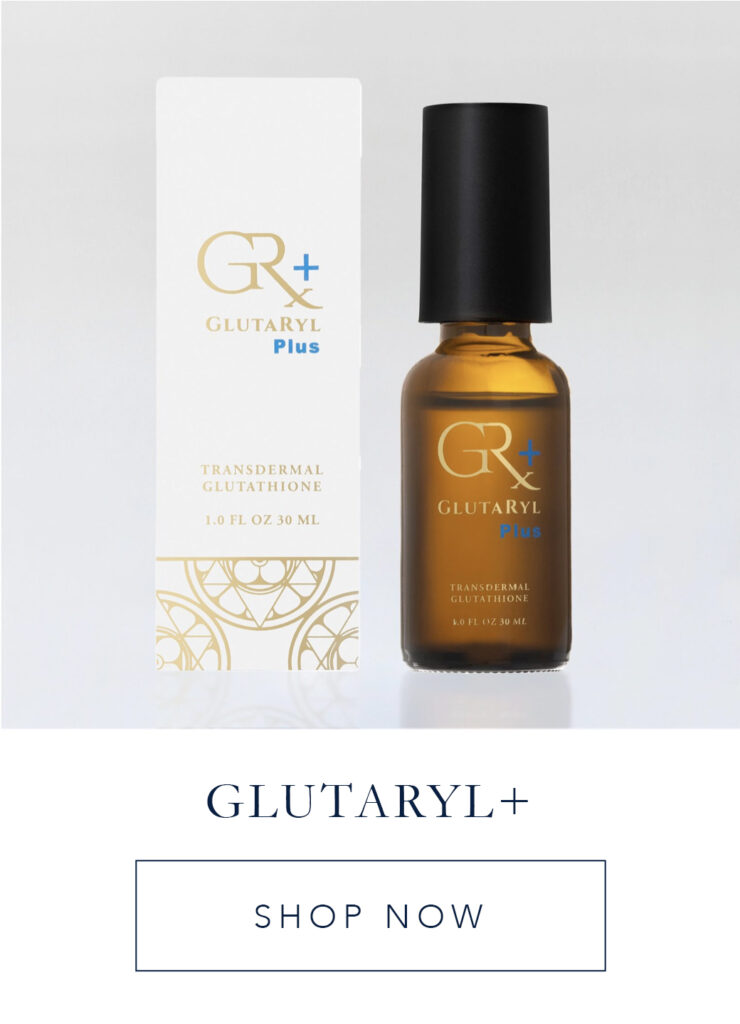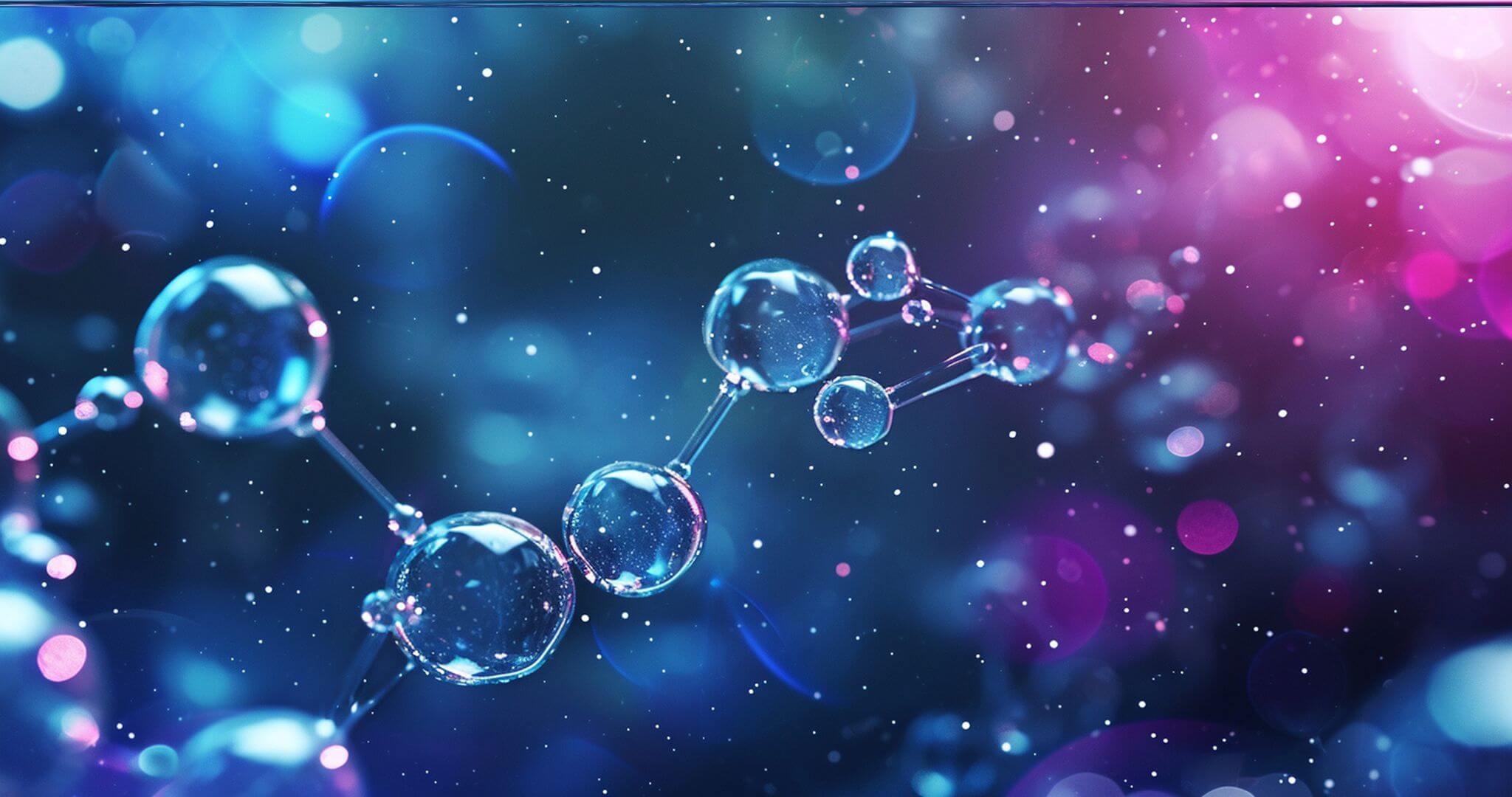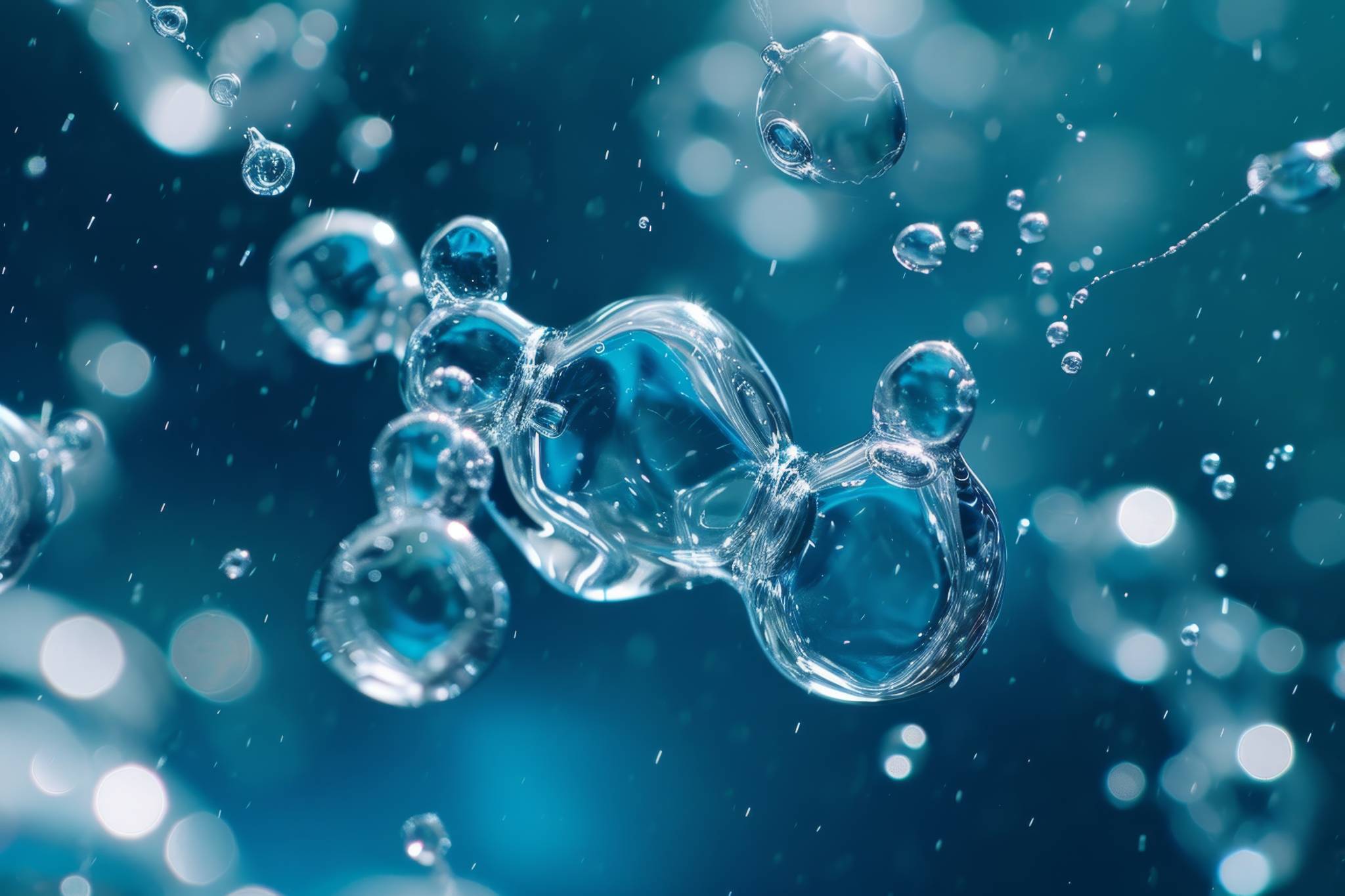Oxidative Stress and Exercise: How Glutathione Acts as a Shield
With the new year starting, people are adding new routines around exercise. It is true, that Intense workouts can boost health in many ways. They can burn calories, build muscle, improve heart health, boost metabolism, and more. What’s happening inside the body is a careful balance of reactions that can mean many good things for the athlete. Integral to the word “balance” is the protective role of the body’s Master Antioxidant, Glutathione. It keeps the free radicals, Reactive Oxygen Species (ROS), that result from intense exercise from having what can ultimately be an unhealthy impact. Glutathione naturally shields the body from an overabundance of ROS, which means intense workouts that produce positive effects for the athlete, potentially protecting from muscle damage, fatigue, and more.
If pushing your body for better health is in your future, it’s time to understand the powerful role that Glutathione can play in getting the best results for optimal athletic recovery by:
- Eliminating toxins
- Balancing the free radicals that can lead to oxidative stress if unchecked
- Boosting the immune system
Understanding ROS Effects on the Athlete
While exercising, the body converts increased oxygen to energy. This metabolic process releases free radicals, called Reactive Oxygen Species (ROS), which are unstable atoms that seek to steal electrons from healthy cells and tissues. When exercise-induced, these highly reactive molecules can also have positive and negative effects.
Positive ROS effects on an athlete:
ROS can have positive effects by triggering adaptations in the body, including improved endurance and enhanced muscle growth. The study “Antioxidants and Sport Performance” states that ROS can:
- Regulate muscle control and coordination
- Stimulate muscle regeneration (repair muscle fibers)
- Improve vasodilation during exercise – which helps improve performance
ROS can also have adverse effects on the athlete. The body creates antioxidants to balance free radicals. When the athlete pushes the body into intense or prolonged exercise, the body does not have sufficient antioxidants to balance the overproduction of ROS. The ROS steal electrons from healthy cells and tissues. This imbalance leads to oxidative stress. This oxidative stress means that ROS overabundance can have the opposite effect, adversely affecting the athlete’s body and recovery.
Oxidative Stress, The Athlete, and Glutathione
Oxidative stress on an athlete’s body can take them out of the game – literally and figuratively! Performance suffers for many reasons. Oxidative stress causes:
- Inflammation: Muscle damage naturally occurs in the athlete’s body due to intense workouts, and the body repairs these microtears in the muscle through an inflammatory response in the healing process. However, when Glutathione and other antioxidants are not plentiful enough to rid the damaging free radicals that cause inflammation, chronic inflammation can set in. For athletes to bounce back from fatigue and injury and achieve their desired performance levels, ample levels of Glutathione are necessary to rebound faster and limit inflammation.
- Damage to Cells, Tissues, and Muscle Fibers: Unchecked free radicals cause an imbalance in the cells and tissues, including muscle fibers, making them susceptible to damage and causing widespread damage to cellular components, including enzymes and proteins involved in muscle repair. Glutathione keeps the free radicals in check, enabling protein synthesis that improves muscle strength and endurance—helping the athlete to bounce back from muscle weakness and fatigue.
- Negatively affecting energy production through mitochondrial health: The mitochondria are responsible for energy production. To have optimal production at the cellular level, oxidative stress must be kept at bay. Glutathione balances those free radicals, reducing oxidative stress and helping the athlete achieve a higher energy production capacity over long, strenuous workouts.
Glutathione Acts as Shield or Optimal Athletic Performance
Glutathione’s cleansing power is involved in almost every aspect of the body’s health because of its role in numerous biological processes and functions. When the level and length of exercise can be counterbalanced by the antioxidants in the athlete’s system, the body is in a state of balance. Glutathione’s antioxidant balancing role is powerfully involved in many biological processes and functions- and almost every aspect of health, including heart health, nerve function, and even sleep.
For the athlete, its role in promoting immune system function, reducing inflammation, and improving muscle recovery is vital to optimal recovery and performance. Glutathione’s shielding power against ROS can create positive reactions to the exercise that can be helpful to performance, including:
- Balance against chronic inflammation
- Mitigate muscle damage
- Support faster recovery
- Support energy levels
Ensuring High Glutathione Levels for Athletes
To balance free radicals for optimal athletic recovery, athletes must ensure that they provide their bodies with ample ways to improve Glutathione levels. While Glutathione is naturally occurring, it’s depleted all day, every day, by free radicals in our environment, in our food, from the sun, toxins like alcohol and tobacco, and so much more. And, of course, intense workouts deplete levels as well.
To ensure Glutathione’s shielding effects, it’s crucial to help the body naturally boost Glutathione levels. They can eat Glutathione rich foods, reduce stress, avoid toxins in the environment as much as possible, and prioritize sleep and a healthy lifestyle. And it doesn’t stop there.
The body can supplement Glutathione, which is particularly important for athletes taxing their levels through intense workouts. Auro’s Glutaryl is a subdermal form of Glutathione applied to the skin from a dropper. While IV and oral Glutathione supplements are unproven, a recent study proves Glutaryl’s subdermal delivery is effective. The study, titled “Topical Absorption of Glutathione–Cyclodextrin Nanoparticle Complex in Healthy Human Subjects Improves Immune Response against Mycobacterium avium Infection,” determined that the blood from the people who did use Glutaryl was better at getting rid of the mycobacterium bacteria. It increased the levels of Glutathione in certain types of blood cells and decreased a marker of cell damage (MDA) within 72 hours. Those using Glutathione also had increased levels of some immune system chemicals in the blood. In this particular study, the effects of Glutaryl on immunity were studied. Its proven therapeutic effects prove its ability to enter the bloodstream and detoxify at a potent level, boosting levels for increased free radical fighting power for far-reaching effects.
For athletes pushing their bodies to the limit, Gluatryl is a proven Glutathione supplement that can help shield the body from the damaging effects of free radicals and take fitness to the next level.
The Effects of Reactive Oxygen Species (ROS) on the Athlete During Strenuous Exercise With vs. Without Sufficient Glutathione
WITHOUT Sufficient Glutathione

WITH Sufficient Glutathione







